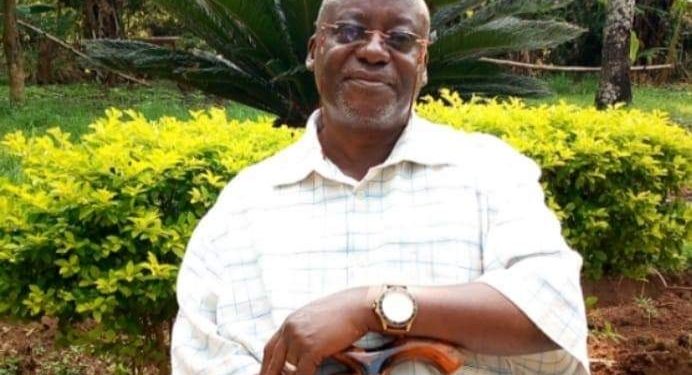It is true. Ours is a fast-changing and, therefore, dynamic 21st Century with a different future or futures. It requires a different mindset unlike that of the 20th Century. That of the 20th Century emphasized doing one thing at a time, individualistic approaches, individual achievements, and individual rewards for exceptional performance. It was for current professionals and did not take sustainability as a critical element of performance. We were more likely to disintegrate than integrate everything conceivable because the education system was designed for disintegration. That education system has been imposed on the 21st system, which requires integration, sustainability and future-ready professionals; not those who become irrelevant and unnecessary and, therefore, a burden and a roadblock to change. If they are professionals or knowledge workers, they are referred to as slow professionals or knowledge workers.
The same descriptive word “slow” can be applied to leaders – whether they are young or old. They are resistant to any change that contradicts what they know or have done in a particular way ever since they became what they are. They are an aberration or pollutant of the 21st Century and unconscious that they are what change is targeting and must target.
We must challenge and confront our academic and knowledge hegemony of the disciplines and the Politics of Pure Science that continue to predominate in a Century that is rejecting them.
We need to quickly open up to the new strategies and cultures of knowledge production, which seek to reintegrate knowledge towards producing wholesome graduates, professionals and thinkers who will be not resistant to superior ideas or to ways of doing things this century.
Those new strategies and cultures of knowledge production are Interdisciplinary Science, Crossdisciplinary Science, Transdisciplinary Science and Non-disciplinary Science, which are also called “the Team Sciences”. They emphasise integration of the sciences (humanities or arts, social science and natural science). They are what we need to introduce greater interaction, sustainability and to tackle complex problems, which simple, disciplinary minds end up complicating by their simple solutions and disintegration practice . Such problems are also referred to as “The Wild Problems” and include climate and environmental problems.
Let 2023 be the year for meaningful liberation of knowledge workers, learners, professionals and practitioners by opening up to the new team sciences. These are the sciences we need for meaningful integration of societies and for transboundary interaction, communication and cooperation.
We shall need to confront the current educational curriculum that emphasizes individualism, individual achievements and individual rewards, and generates arrogance, stagnancy, and slowness in accommodating the new sciences and the dynamic nature of the 21st century. The need for future-ready professionals cannot be over emphasized.
We shall need new educational designers, new educational managers and new educational institutions with new thinkers and leaders to begin emerging from this year. In short, we need to reshape our training institutions through the new sciences. This will not be possible if our current universities succumb to the renewed Politics of Pure Science. They must become integrated and integrating institutions through fully opening up to the new integrating sciences. Other wise they remain aberrations of the 21st Century that must have remained in the 20th Century.
The education system must begin to produce for us not just elites, who are likely to be anti-people, anti-democracy, anti-change and arrogant. It must begin producing for us change agents and integration agents at all levels of society. If not, then the writer of the Bible Book Ecclesiastes will perennially remain right when he says, ” We are chasing the wind”.
Behind every problem is the problem of leadership. The education system must produce for us leaders at all levels of society who value values, morals and change, and feel ashamed when they or their workers do wrong, instead of praising “wrong” and despising “right”.Therefore, values education will be critical if we are to have leadership appropriate to and for the 21st Century and beyond.
For God and my Country
Do you have a story in your community or an opinion to share with us: Email us at editorial@watchdoguganda.com













